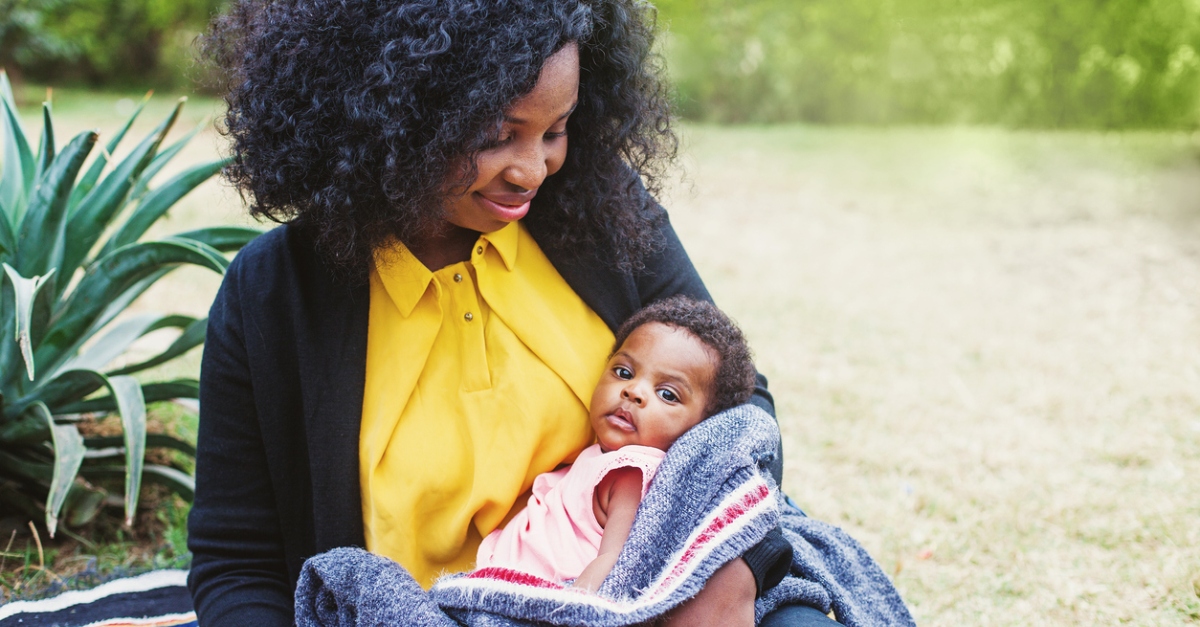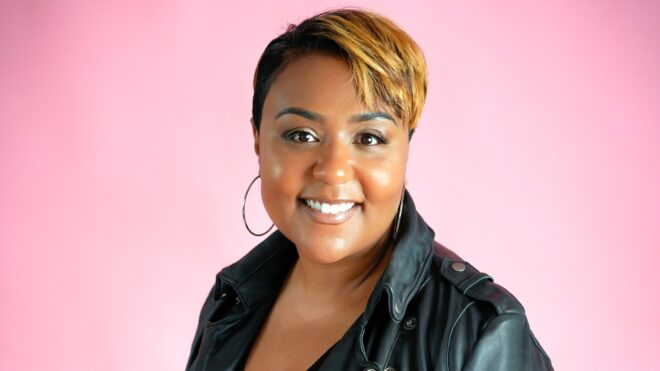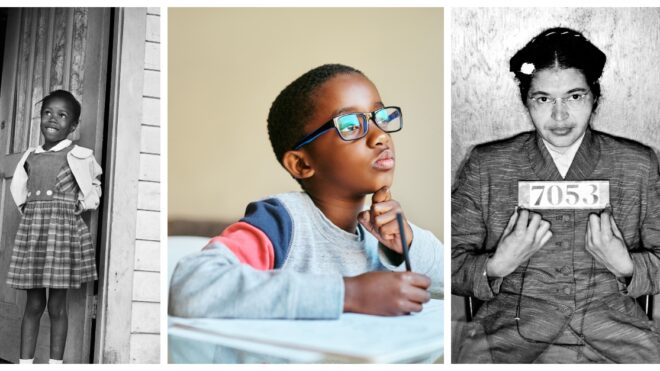
Carrying a child, giving birth, and recovering from labor are experiences that look and feel very different depending on the mother who is going through the process. While many expectant mothers look forward to meeting their babies for the first time and showing off their new bundles of joy to their extended family and friends, many others, particularly Black mothers, have other concerns. They often anxiously face higher risks of maternal mortality and infant death compared to their white counterparts. In the United States, the Centers for Disease Control and Prevention reports that Black women are two to three times more likely to die of pregnancy-related complications than white women. For African American women over 30 years old, that figure increases further, with Black mothers four to five times more likely to face pregnancy-related mortality. The racial disparity between Black and white mothers is clear, but why?
Structural Racism
When we talk about structural racism, we need to first address what this term implies. Structural racism refers to the foundation of systems that were set up so that white lives had priority over Black lives. As a nation, the United States was built around this idea. Though slavery is an obvious place to point out this practice, consider how this inequality trickled into other facets of life, such as racial profiling in medical treatment. It's important to note that these systems are so normalized that one does not have to have the intention of being racist to carry out racist acts.
Class Status
Proving that race is the dominant contributing factor in the high rate of maternal mortality among women, studies have also shown that class status and education does not close the gap of racial disparity in pregnancy-related deaths. A 2016 study in New York City showed that Black women with college degrees and higher socioeconomic standing were still more likely to suffer from maternal morbidity than white women without a high school diploma. What's even more astounding is that 60% of these deaths are considered to be preventable, leading to the harsh truth that more could be done to stop Black mothers from dying, yet the trend continues.
Bias and Stereotypes
Racism seems to easily slip under the radar due to the bias and stereotypes that we often don't know we act on. The misconception of the strong Black woman, for instance, has been repeated so often that African American mothers may be expected to endure more than non-Black mothers or have their pleas of pain be dismissed as "normal."
In the case of Kira Johnson, a Black mother of two who died due to complications that occurred after she gave birth to her son in 2016 at Cedars-Sinai Hospital in Los Angeles, her husband, Charles Johnson, was hesitant about showing his frustration at the lack of attention his wife was receiving. After going through a routine scheduled C-section, he noticed blood in her catheter and told medical staff, yet his wife had to wait several hours before the fatal bleeding was attended to. When wondering if there was more he could have done to save his wife's life, he remembers being afraid to raise his voice because he didn't want to appear as an angry, threatening Black man.
The Stress of Racism

Having to constantly weigh your place in the world — and how people will treat you and your child because of skin color — takes a toll on the health of expectant Black mothers as well. Even before they're born, Black babies are more likely to be born preterm, have low birth weight, and die within their first year of life than white infants.
Constantly processing transgenerational racial trauma — including violence and discrimination their parents, grandparents, and ancestors faced — also affects the physiological health of Black mothers, making them more susceptible to complications before, during, and after giving birth. The effects of lifelong stressors like these aren't always obvious to the Black women who experience them, therefore they tend to be underreported. However, a lack of mental health care has shown to contribute to lowered healthy pregnancies and postnatal outcomes for women of color.
Black Mothers Matter
With the awakening of continued racial injustice in America, the threat to Black lives must be recognized at every stage of existence. Accessibility to health care included, all people deserve adequate human rights, but that cannot happen until we address the systems in place that allow mothers and children to die unnecessarily.

If all lives matter, that means the lives of Black mothers should matter, yet they perish at an unwarranted rate. Though change must occur at the highest levels, a change of mind is the first step to be taken. Talk to Black women, listen to their stories, and act to fix what has been far too long broken.







